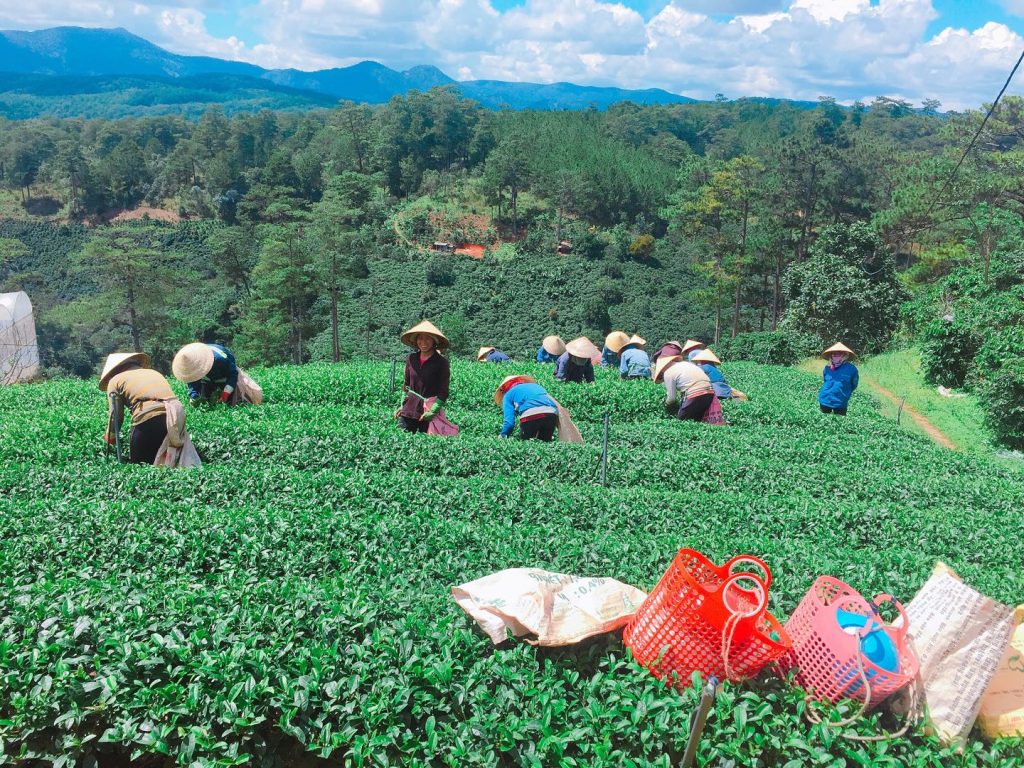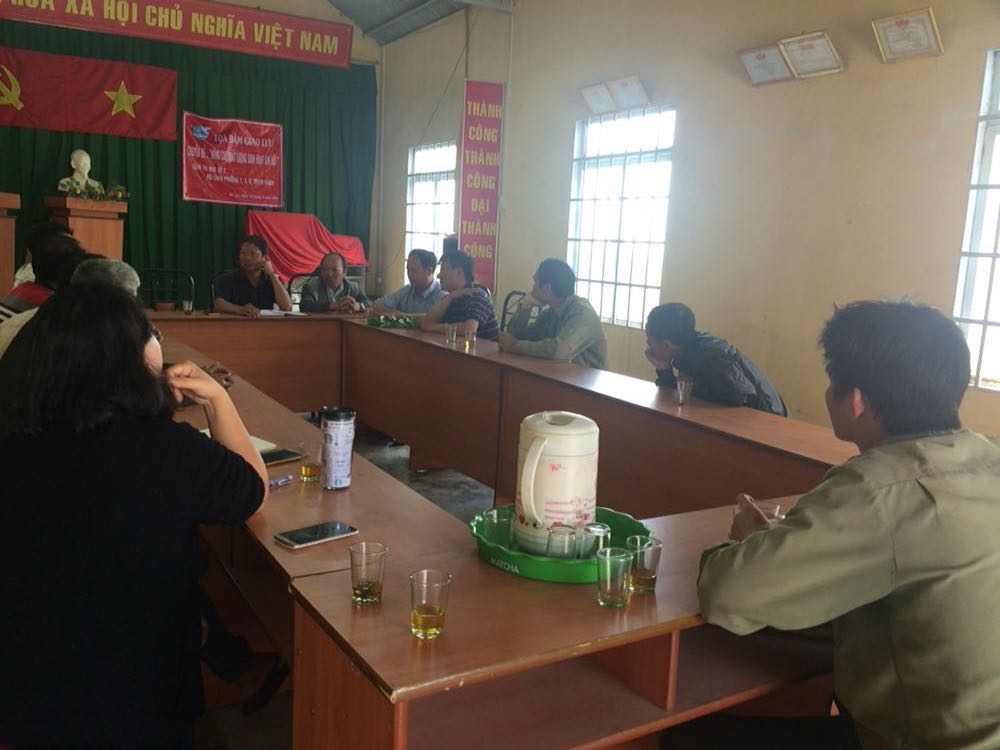ジョザニ・チュワカ湾国立公園におけるザンジバルアカコロブスと地域住民との共存
対象とする問題の概要 調査地のジョザニチュワカ湾国立公園は、約50㎢と小さな国立公園だが、そこに絶滅危惧種のサル、ザンジバルアカコロブス(Procolobus kirkii) が生息している。その数は、わずか5800 頭あまりで、” 炭食…

The foreigner direct investment (FDI) in farmland of tropical area is not a news, especially large-scale FDI on food crops and cash crops (Olivier, 2011). It’s reason, expansion process and result have arisen public concern since 1980s, especially the potential opportunity and risk which brought by the mega-scale plantation of FDI to investment destination. While little attention has been paid on moderate and small-scale (MSS) FDI.
The purpose of this survey was to get general information about the background of oolong industry transfer from Taiwan and the livelihood change of local Vietnamese involved into oolong company as a case of MSS FDI.

Though the survey, the information about the transfer history background and process of oolong industry from Taiwan(TW) to Vietnam(VN) was gotten. Besides, the structure of oolong companies, the daily operation and the industry chain were also clarified.
(1) How oolong industry was chosen
From 1986 to 1995, TW investor whose previous jobs might not related to agriculture, firstly entered into VN by multi promotion factors, like Southbound policy, cheap land and labor, TW investors went southeast Asia, China to invest multi industry.
In agriculture field, they had ever tried to plant some special fruits (dragon-fruit, passion fruit), flowers (orchids, chrysanthemum) and tea (oolong, black tea and green tea) in VN and aimed to explore both TW and VN market. But only oolong tea got success.
(2) Industry transfer process:
Time period: the TW investment activities could be divided into 3 periods, before 1986, 1986-2000, and after 2000.
Land: Before 1986, land was owned by nation, so few Taiwanese could enter VN to invested unless they became Vietnamese. After 1986, the Doi Moi (economic reforms activities of VN government) and the encouragement policy of cultivate wasteland, land trade was opened to both Vietnamese and foreigner. After 2003, most of the large-scale wasteland had already owned or occupied, so the later comers had to rent (foreigners) or buy (VN) land with high price from government or from local land owner.
Labor: Before 1986, only ethnic inhabitant and few Kinh people (the majority of Vietnamese) lived in Lam Dong, so Taiwanese hired Kinh people who were believed to be good learner and good follower compared with ethnic group, from north and south-central coast provinces. Most of these Kinh people then settled down and bought their own plots on nearby area to build house and plant crops. They became new residents. After 2003, the requirements of new residents on payments was higher, so the TW started to hire ethnic groups in Lam Dong and in nearby province.
Equipment: Before 2003, all the raw materials, like seedings, production equipment, chemicals were controlled by TW. But after 2003, Vietnamese started to join oolong industry and operate oolong companies by themselves.
Technology: Until now, the key structure and quality control (chemical usage and operation methods) principles were followed TW standard, but there were few tea experts from TW.
(3) Technology flow in daily operation
Only trader, owner and experts acquired the techniques and knowledge of the whole operation process, mostly group leaders and workers only knew the specific actions of their tasks.
| Time | Target |
| Whole November | Summarize field memo, and figure out research structure |
| Whole December- 15th February | Reading articles, adjust research structure, attend Vietnamese course, making new field survey plan for next time |
| 16th February – March | Field survey for 1.5 month |
Copyright © 附属次世代型アジア・アフリカ教育研究センター All Rights Reserved.